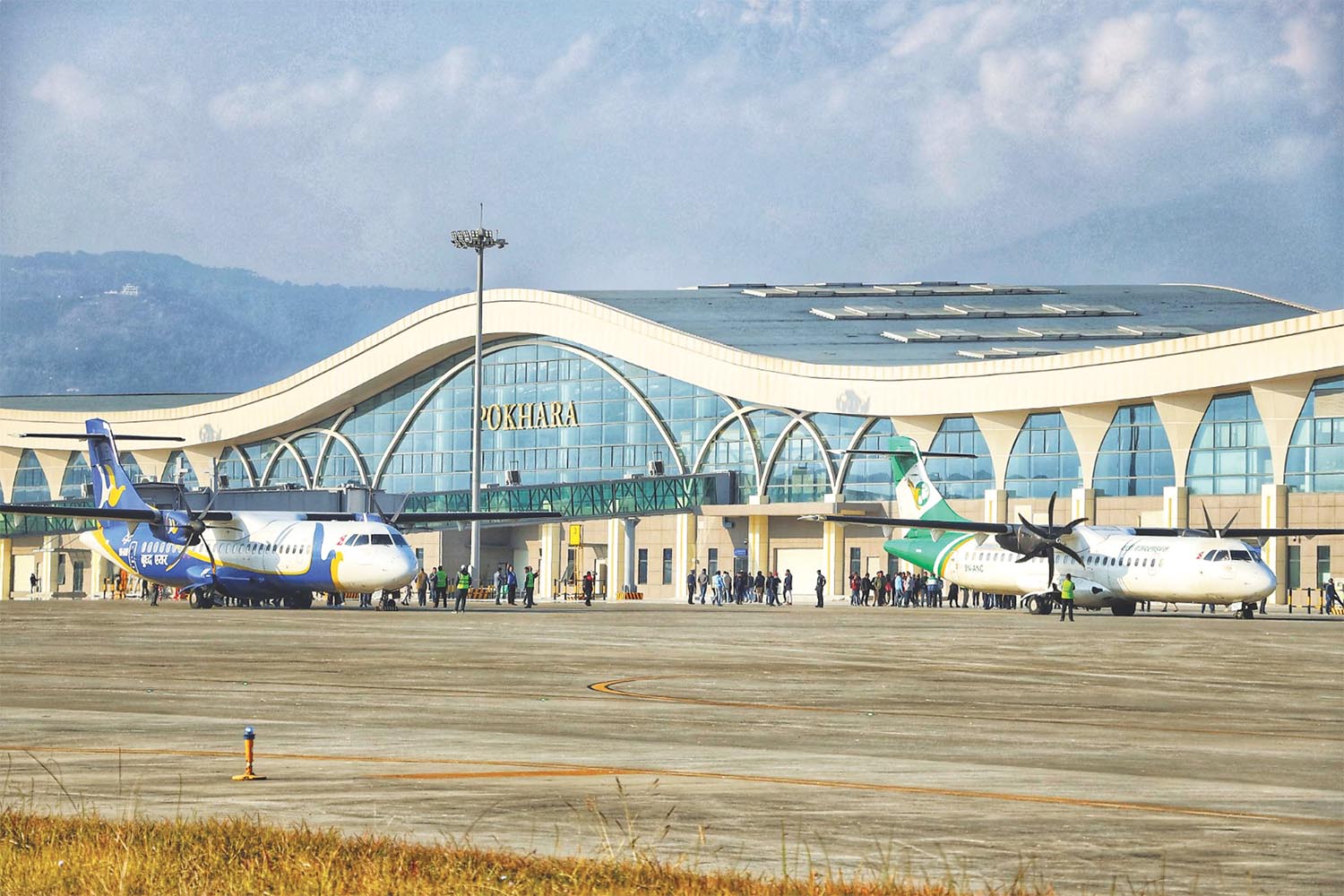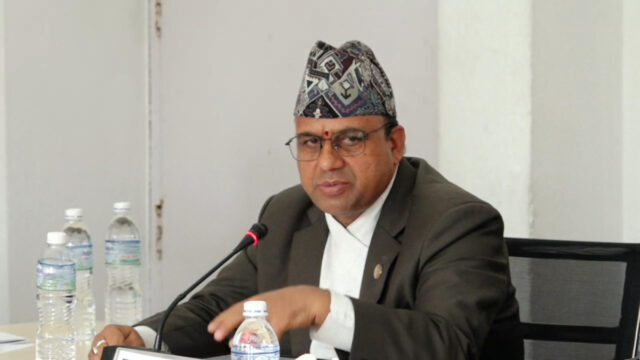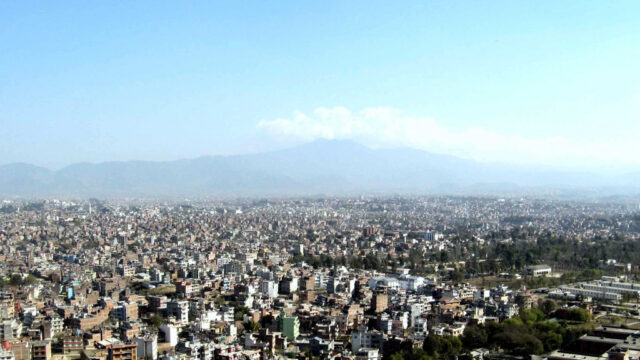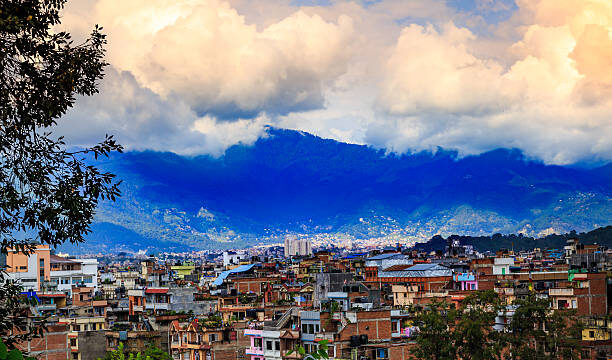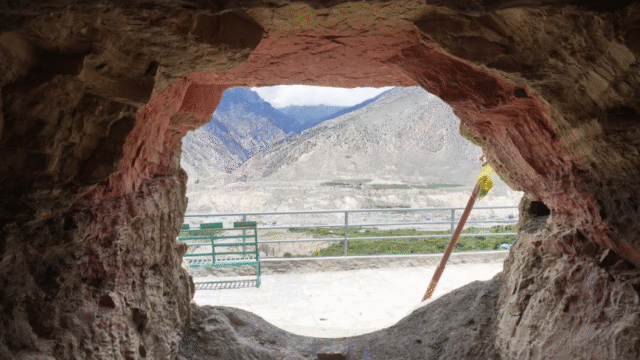The Government of Nepal has announced its strategic vision to develop Pokhara International Airport as a tourism hub, as outlined in the annual budget presented by Deputy Prime Minister and Finance Minister Bishnu Prasad Paudel during a joint session of the Federal Parliament. This move aims to position Pokhara, one of Nepal’s major tourist destinations, at the center of the country’s tourism development plans. Despite the airport being operational, the lack of regular international flights has remained a critical issue.
Pokhara International Airport
Local tourism entrepreneurs, while welcoming the announcement, expressed concern over the lack of concrete implementation plans. According to Taranath Pahari, President of Pokhara Tourism Council, declaring the airport as a tourism hub without ensuring regular international flights seems vague. He emphasized that real progress would only occur when consistent international connectivity is established. “The budget should have addressed the issue of flight regularity first,” Pahari added. He further stated that the government must begin by deploying aircraft from Nepal Airlines Corporation and work towards encouraging private sector participation through clear and actionable policy measures.
The budget highlights the government’s broader intention to brand Nepal as a safe and attractive tourist destination through infrastructure development, enhanced services, and effective marketing strategies. Finance Minister Paudel mentioned that the government would launch targeted promotional packages aimed at attracting tourists from neighboring countries. This includes advancing mountain, adventure, cultural, religious, and wellness tourism, along with film tourism and sports-based activities.
Further, the budget proposes the establishment of welcome and service centers at border points to cater to overland tourists, aiming to provide a seamless and hospitable experience from arrival. These initiatives are expected to be integrated into a comprehensive national strategy to revitalize and expand Nepal’s tourism sector after setbacks from the pandemic and other global disruptions.
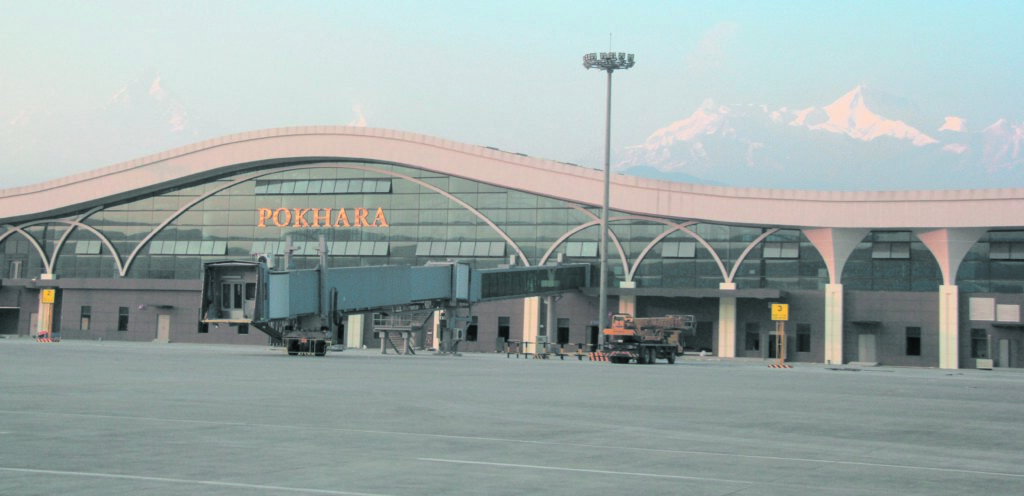
The private sector’s role in tourism development has also been underscored in the budget. Finance Minister Paudel stated that investment from private stakeholders will be encouraged to enhance tourist destinations. Gopibahadur Bhattarai, the coordinator of Pokhara Visit Year 2025 Implementation Committee, welcomed this approach, highlighting that infrastructure development, however, remains a primary responsibility of the state. “The private sector is always ready to invest, but the government must ensure roads and essential infrastructure are in place,” Bhattarai commented. He also emphasized the importance of collaboration with the tourism board to ensure effective execution of promotional programs.
In the budget, the government has pledged to develop safe trekking trails in high mountain and Himalayan regions, aiming to promote high-altitude tourism while ensuring safety and sustainability. This is seen as a significant step towards balancing tourism development with environmental conservation and traveler security.
One of the major highlights of the budget is the government’s decision to offer tax and electricity tariff incentives to hotels and resorts, treating them at par with productive industries. This is expected to ease operational costs and encourage investment in hospitality services, particularly in areas such as Pokhara that are central to Nepal’s tourism strategy. Laxman Subedi, President of the Hotel Association Pokhara, welcomed the move, stating that such incentives are timely and necessary. However, he stressed that these measures must be implemented effectively to bring about real change.
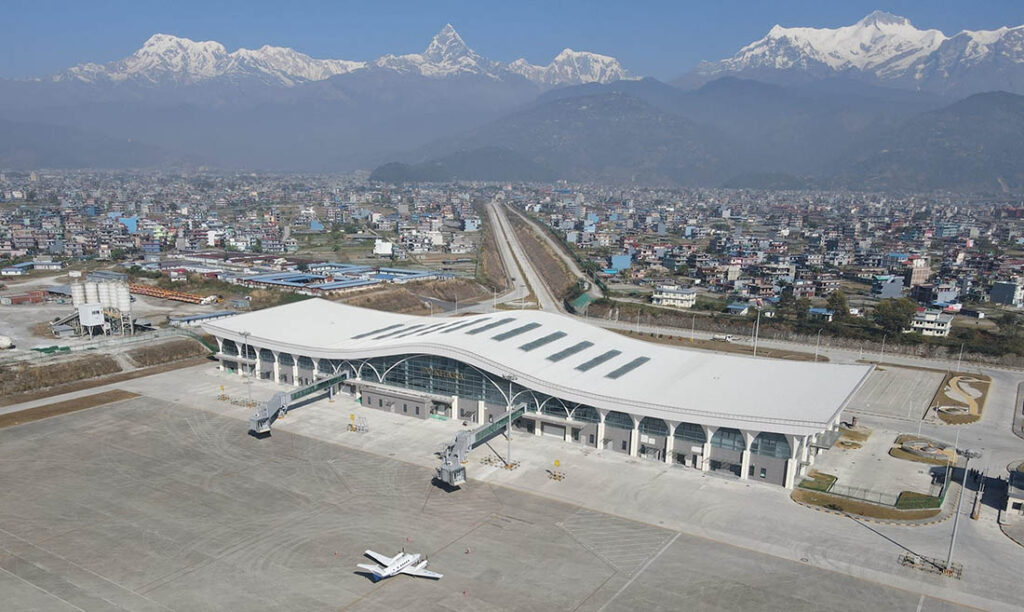
The budget also proposes to provide additional incentives and concessions to international airlines operating in Nepal, encouraging them to initiate or increase flights from Bhairahawa and Pokhara airports. This policy is aimed at addressing the persistent challenge of underutilization of international airports outside Kathmandu. Anand Raj Mulmi, former central president of the Federation of Nepalese Chambers of Commerce and Industry, emphasized that for Pokhara to be truly developed as a tourism hub, regular flights must commence. He added that along with consistent air traffic, the airport must also attain international recognition by being featured on global aviation maps, supported by technical upgrades and a clear commercial plan from the government.
While the government’s plan to designate Pokhara International Airport as a tourism hub has been welcomed by industry stakeholders, the announcement raises concerns due to its lack of clarity on the operational aspects, particularly regarding regular international flights. Stakeholders believe that without strong infrastructure, assured air connectivity, and coordinated execution, the initiative could remain more symbolic than transformative.
The government’s broader strategy to boost tourism through infrastructural development, service upgrades, tax reforms, and public-private partnerships reflects a forward-looking vision. However, its success will depend heavily on effective implementation, consistent policy support, and ensuring that key tourist gateways like Pokhara International Airport are fully operational with regular international air traffic.
